When it comes to your home’s water, choosing the right company matters more than most homeowners realize. After 30 years in residential water treatment, I’ve seen firsthand how the difference between a general service provider and a true water filtration specialist can impact your family’s health, your home’s plumbing, and your long-term costs. A dedicated water expert doesn’t guess—we test, diagnose, and design systems based on real water chemistry and decades of experience. Just like you’d trust a medical specialist over a general practitioner for an important diagnosis, your home’s water deserves the same level of expertise.
Reverse Osmosis

Why Choosing a Dedicated Water Filtration Specialist Matters in the Lake Norman & Charlotte Area
- November 25, 2025
- No Comments
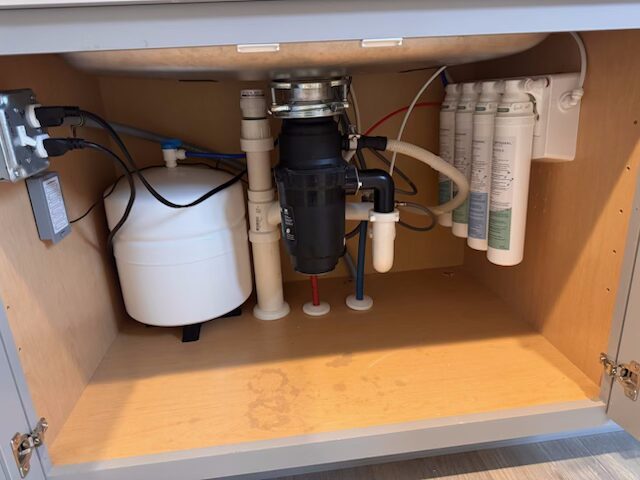
The Ultimate Guide to a Reverse Osmosis System Designed for the Lake Norman Area
- November 17, 2025
- No Comments
If you live in the Lake Norman area and want cleaner, better-tasting water straight from your tap, a reverse osmosis system may be the upgrade your home needs. Our locally engineered RO system is designed specifically for the contaminants found in Lake Norman’s water supply—and it’s independently tested to meet NSF/ANSI Standard 58 for powerful contaminant reduction. With optional pH-boost remineralization, affordable non-proprietary filters, and professional installation including RO faucets and refrigerator hookups, this system delivers premium water without the premium hassle. Discover why Lake Norman homeowners are making the switch.

Stop Hauling Bottled Water: Why Charlotte & Lake Norman Homeowners Trust Artisanal Water Solutions for Pure, Great-Tasting Water
- November 10, 2025
- No Comments
Tired of lifting 5-gallon jugs or paying for bottled water deliveries in the Charlotte and Lake Norman area? Discover why more homeowners are switching to professionally installed reverse osmosis (RO) systems from My Company. Our locally designed RO systems are built to remove the specific contaminants found in Charlotte and Lake Norman water, including chlorine, chloramines, and PFAS — giving you cleaner, better-tasting water straight from your tap. Save money, eliminate plastic waste, and enjoy pure, great-tasting water customized for your home.

How to Remove PFAS from Drinking Water in Charlotte, NC
- October 6, 2025
- No Comments
Worried about PFAS in your Charlotte drinking water? Learn how to effectively remove “forever chemicals” using trusted solutions like reverse osmosis and activated carbon filtration. Local experts explain what works — and how to protect your family today.

Best Water Filtration Systems in Charlotte, NC: What Local Homeowners Need to Know
- September 29, 2025
- No Comments
If you’re a Charlotte homeowner concerned about chlorine, hard water, or strange odors coming from your tap, you’re not alone. With water sourced from the Catawba River and treated locally, many Charlotte residents are turning to home filtration systems for cleaner, better-tasting water. This guide breaks down the top filtration options, how to choose the right system, and why working with a trusted local expert like Artisanal Water Solutions makes all the difference.
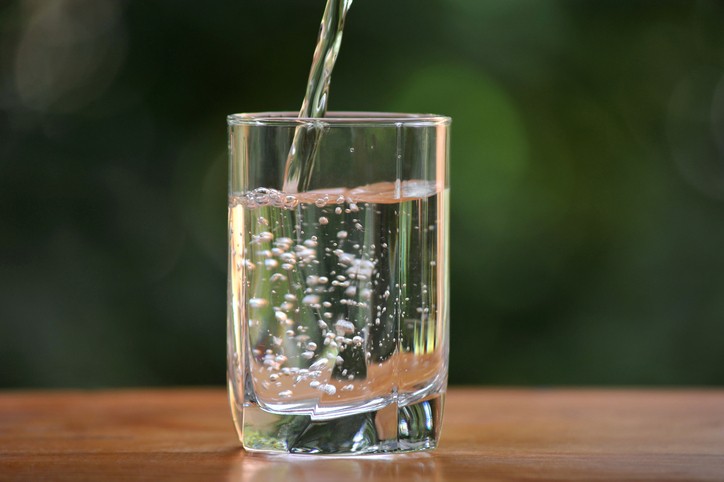
Why Every Home Near Charlotte, NC Should Have a Reverse Osmosis System
- September 25, 2025
- No Comments
Looking to improve your home’s drinking water near Charlotte, NC? Discover the top 3 reasons why a reverse osmosis system is the best solution for cleaner, better-tasting, and safer water in your home.

Testing Your Home Water in Lake Norman: Why It Matters & What to Do Next
- August 25, 2025
- No Comments
With another sewage spill, a toxic algae bloom, and ongoing coal ash contamination in the headlines, many Lake Norman families are asking the same question: how safe is the water in my home? Even if your tap water meets EPA standards, it can still carry chlorine byproducts, heavy metals, PFAS, or microbes that slip through municipal systems—or leach in from your own plumbing. For homeowners on private wells, the risks can be even higher. The truth is, the only way to know what you’re really drinking is to test your water. In our latest blog, we break down why testing matters, the signs of water quality issues, and the best filtration options to keep your family safe.

Why Not Just Buy a Low-Cost Water Filtration System Online?
- August 18, 2025
- No Comments
Thinking about buying a low-cost water filter system online? Before you click “add to cart,” learn why many bargain systems end up costing more in the long run. From hidden installation expenses and countertop drilling challenges to untested claims, leaking units, and even class action lawsuits against big filter brands, online systems often fail to deliver safe, reliable water. Our locally certified water filtration solutions are professionally installed, backed by independent lab testing, and supported with ongoing service and warranty protection.
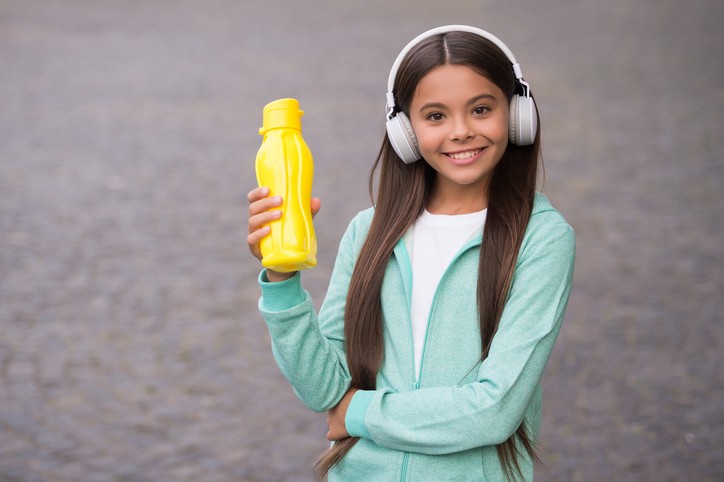
Back-to-School Hydration Tips for Charlotte Parents: Safe, Clean Water for Kids
- August 11, 2025
- No Comments
Keep your kids healthy, focused, and safe this school year with these hydration tips for Charlotte-area parents. Learn how much water children of different ages need, why sending reverse osmosis water from home matters, and what local water quality concerns you should know about—especially in older school buildings.
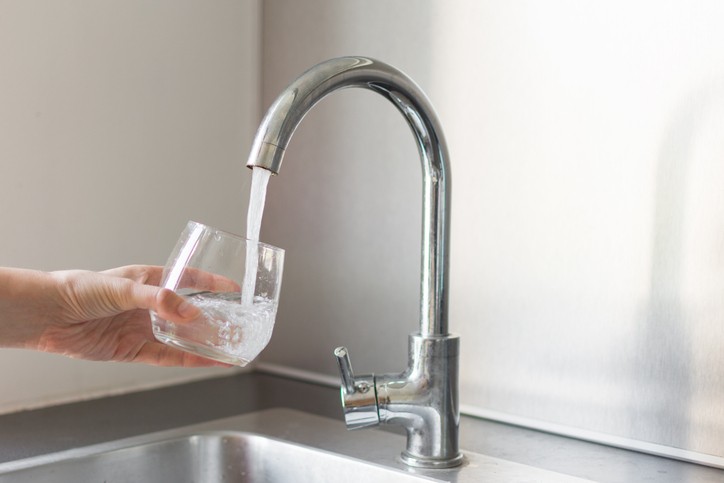
Is Charlotte Area Water Safe? What Every Homeowner Should Know
- August 4, 2025
- No Comments
Wondering if the water in Charlotte, NC is truly safe? Even when city water meets EPA standards, it may still contain contaminants like PFAS, lead, and more. Learn what your water report doesn’t always tell you—and how to protect your home and family.

Forever Chemicals in Charlotte, NC: What You Need to Know About PFAS in Drinking Water
- June 23, 2025
- No Comments
Clean water is essential, but Charlotte’s unique water quality challenges—like PFAS contamination and elevated chlorine levels—require specialized solutions. Our startup was founded to address these concerns with customizable filtration systems designed specifically for the region. Whether you’re tackling industrial pollutants or improving overall water quality, we provide tailored, eco-friendly solutions to help you enjoy cleaner, healthier water at home or work.
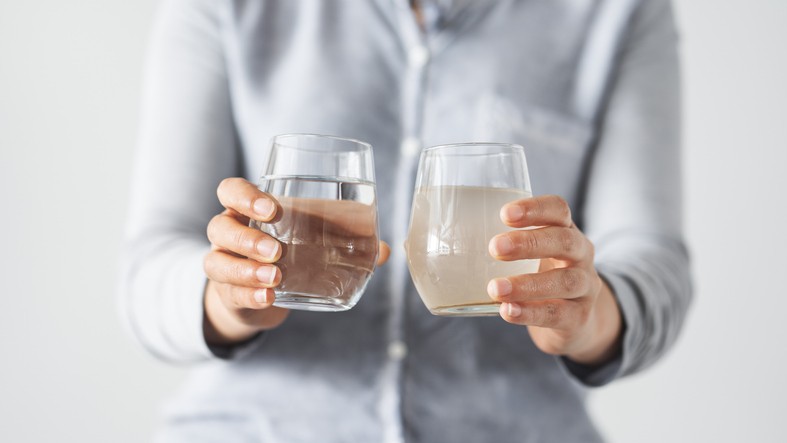
Chlorine in Mooresville Drinking Water: Understanding the Taste and Health Impacts
- June 15, 2025
- No Comments
Mooresville, NC residents often notice a strong chlorine taste in their water, but what causes it and how can you address it? While chlorine is vital for disinfecting water, high levels can lead to unpleasant taste, skin irritation, and even potential health risks from disinfection by-products. Learn about the effects of chlorine in drinking water, its impact on your health, and the best filtration solutions to ensure your family enjoys clean, fresh water every day

Do You Need Whole-House Reverse Osmosis? A Guide for Charlotte, NC Homeowners
- June 9, 2025
- No Comments
Considering a whole-house reverse osmosis system in Charlotte, NC? Learn why these systems may not always be the right fit for your water treatment needs. Discover the complexities of true RO systems, including water volume requirements, prefiltration, storage, and maintenance. Explore cost-effective alternatives tailored to Charlotte’s water quality for clean and safe water throughout your home.”

The Importance of Contaminant-Free Drinking Water for Older Adults in the Lake Norman Area
- June 2, 2025
- No Comments
As we age, our bodies become more susceptible to environmental factors, including the contaminants in our water. For older adults in Lake Norman NC, clean, contaminant-free drinking water is essential for maintaining overall health and well-being. From reducing the risks of cardiovascular disease and cognitive decline to preventing dehydration and urinary tract infections, high-quality water plays a crucial role in supporting aging bodies.
Advanced water filtration systems, such as reverse osmosis and whole-house filtration, can provide peace of mind and significant health benefits.

Hydration Tips for a Healthier You in Charlotte, NC: The Role of Reverse Osmosis and Whole House Filtration
- May 26, 2025
- No Comments
Discover how Charlotte, NC residents can stay hydrated and healthy with clean, safe water. From battling the summer heat to enjoying outdoor activities, hydration is essential—but so is water quality. Learn how reverse osmosis and whole house filtration systems can remove contaminants and provide pure water for drinking, bathing, and everyday use. Upgrade your hydration routine and ensure your family thrives with these practical tips tailored for the Queen City.
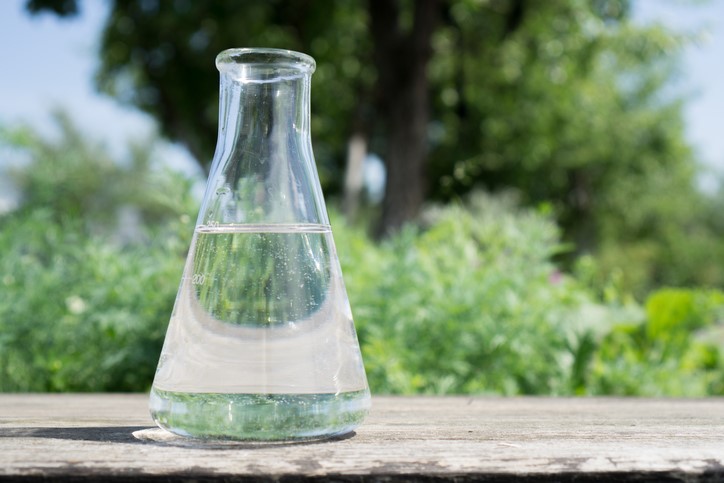
Nitrates in Your Water: What Charlotte Residents Need to Know
- May 6, 2025
- No Comments
Concerned about nitrates in your drinking water in Charlotte, NC? Nitrates, commonly found in fertilizer runoff and septic system leaks, can contaminate groundwater and pose serious health risks—especially for infants and pregnant women. While nitrates aren’t absorbed through the skin, they must be filtered from your drinking water using specialized systems like reverse osmosis. Learn how [Your Company Name] can help protect your family with expert water testing and whole house filtration solutions tailored to North Carolina homes.
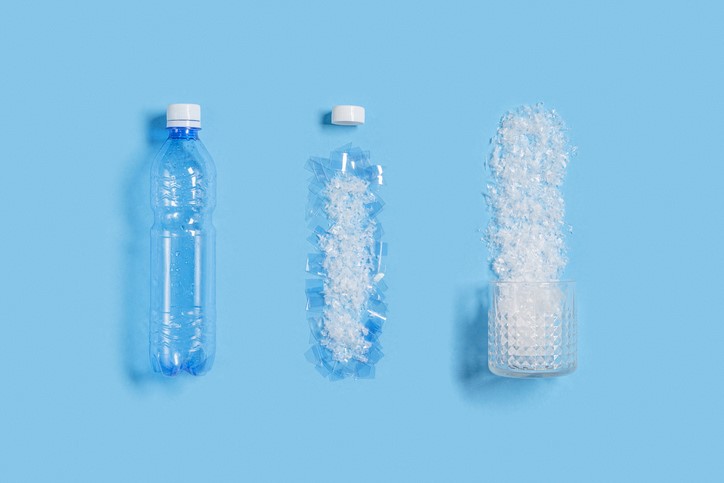
Microplastics in Bottled Water: Why It’s Time to Ditch the Bottle for a Home Filtration System
- April 14, 2025
- No Comments
Are you considering a whole house filtration system but unsure if you also need a reverse osmosis system for your drinking water? In this article, we break down the differences between working water and drinking water, explain the importance of certified testing, and help you decide if you need both filtration solutions to ensure clean, safe water throughout your home. Discover how to make the best choice for your water quality needs.

Do I Need a Reverse Osmosis System if I Install a Whole House Filtration System?
- April 7, 2025
- No Comments
Are you considering a whole house filtration system but unsure if you also need a reverse osmosis system for your drinking water? In this article, we break down the differences between working water and drinking water, explain the importance of certified testing, and help you decide if you need both filtration solutions to ensure clean, safe water throughout your home. Discover how to make the best choice for your water quality needs.
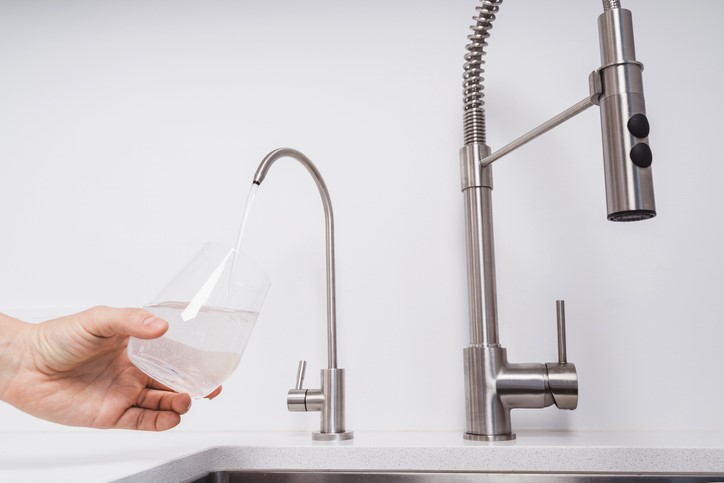
Choosing the Right Reverse Osmosis System for Your Home: What to Consider Before Purchasing
- March 31, 2025
- No Comments
In today’s world, water quality is a growing concern. Whether you’re living in a city with questionable water sources, or simply want to ensure that the water you consume is as pure as possible, a reverse osmosis (RO) system can be an excellent solution. Reverse osmosis technology works by using a semi-permeable membrane to remove contaminants, providing you with fresh, clean drinking water. As you began researching options to purchase a RO system for your own home, you may quickly realize the challenge in navigating the wide array of online choices. Though the internet makes it incredibly easy to shop for products, the variety and inconsistency in quality of available RO systems make the decision quite daunting.
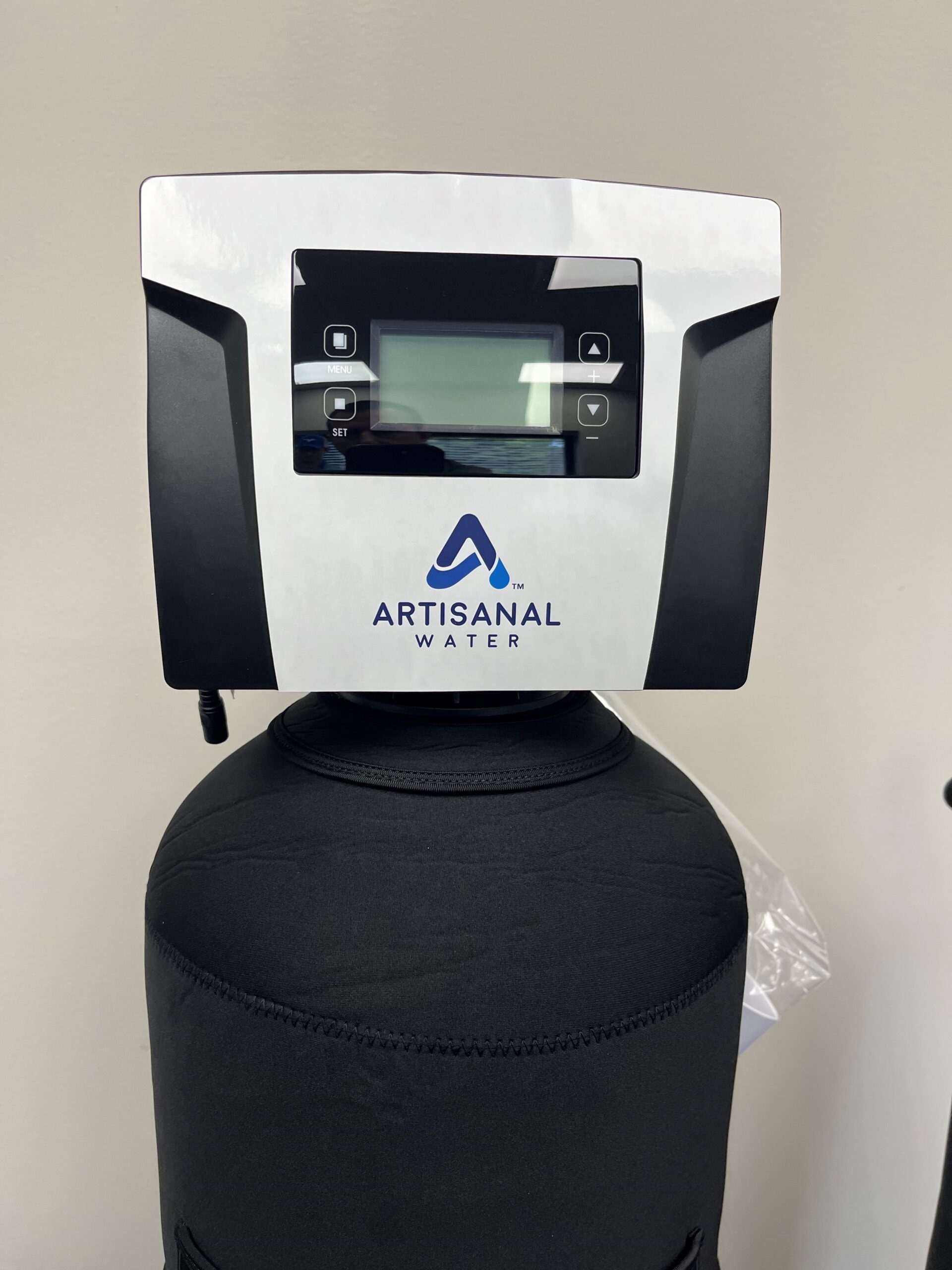
High-Efficiency Whole House Filtration Systems: Cleaner Water, Less Maintenance
- March 17, 2025
- No Comments
What to Expect During a Professional In-Home Water Filtration Consultation in Charlotte, NC
If you’re considering a water filtration system for your home in Charlotte, NC, a professional in-home consultation is the best place to start. During the consultation, you’ll receive a thorough water quality assessment, personalized recommendations tailored to your needs, and clear guidance on installation and maintenance. Our expert technicians will test your water for contaminants like chlorine, lead, and hard minerals, ensuring you get the right filtration solution. Whether you need a whole-house filtration system or an under-sink filter, we’ll help you choose the perfect option for your home and budget. Schedule your consultation today to enjoy clean, safe water for you and your family!

What to Expect from a Water Filtration Consultation in Charlotte, NC
- March 10, 2025
- No Comments
What to Expect During a Professional In-Home Water Filtration Consultation in Charlotte, NC
If you’re considering a water filtration system for your home in Charlotte, NC, a professional in-home consultation is the best place to start. During the consultation, you’ll receive a thorough water quality assessment, personalized recommendations tailored to your needs, and clear guidance on installation and maintenance. Our expert technicians will test your water for contaminants like chlorine, lead, and hard minerals, ensuring you get the right filtration solution. Whether you need a whole-house filtration system or an under-sink filter, we’ll help you choose the perfect option for your home and budget. Schedule your consultation today to enjoy clean, safe water for you and your family!

Understanding Water Purification: Key Terms Every Homeowner Should Know
- March 3, 2025
- No Comments
For homeowners with private wells, one often overlooked aspect of water quality is its pH level. If the water is too acidic, it can lead to a variety of problems, from plumbing corrosion to compromised water safety.
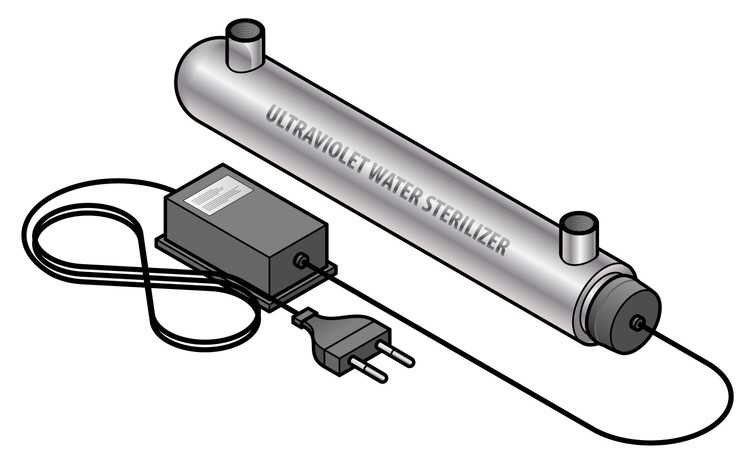
The Benefits of a UV System for Well Water and Municipal Water: Why UV Filtration is the Smart Choice
- February 24, 2025
- No Comments
For homeowners with private wells, one often overlooked aspect of water quality is its pH level. If the water is too acidic, it can lead to a variety of problems, from plumbing corrosion to compromised water safety.
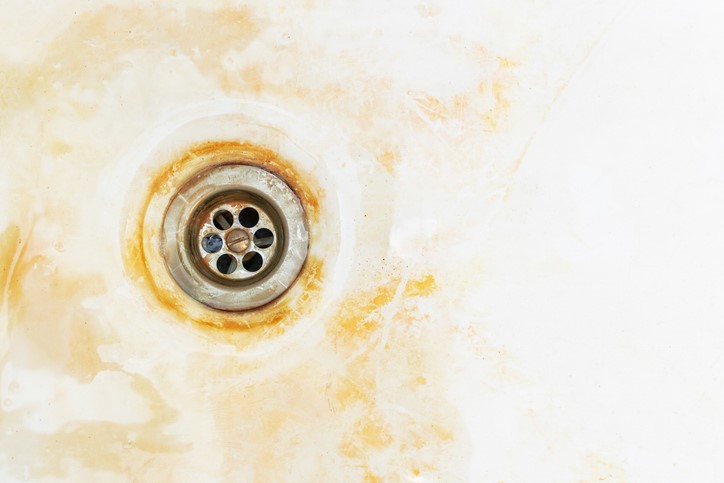
The Most Common Types of Iron in Well Water
- February 17, 2025
- No Comments
For homeowners with private wells, one often overlooked aspect of water quality is its pH level. If the water is too acidic, it can lead to a variety of problems, from plumbing corrosion to compromised water safety.

Why Installing an In-Home Filtration System in Charlotte, NC is Essential in 2025
- February 10, 2025
- No Comments
For homeowners with private wells, one often overlooked aspect of water quality is its pH level. If the water is too acidic, it can lead to a variety of problems, from plumbing corrosion to compromised water safety.

Benefits of Choosing Family-Owned Water Filtration Businesses Over National Franchises
- January 20, 2025
- No Comments
Choosing the right water filtration system for your home can be overwhelming with so many options available. From reverse osmosis systems that offer thorough purification, to carbon filters that improve taste and odor, each system has its unique benefits. UV systems are ideal for disinfecting water and eliminating harmful microorganisms, while water softeners help prevent scaling caused by hard water. To ensure you pick the best system for your needs, it’s essential to consider factors like water quality, contaminants, and your household size. For personalized advice and expert installation, working with a local independent dealer is your best option. They understand the specific needs of your area and can help you make an informed decision that ensures clean, safe, and great-tasting water for your home.

Understanding Different Water Filtration Systems: Which One is Right for You?
- January 13, 2025
- No Comments
Choosing the right water filtration system for your home can be overwhelming with so many options available. From reverse osmosis systems that offer thorough purification, to carbon filters that improve taste and odor, each system has its unique benefits. UV systems are ideal for disinfecting water and eliminating harmful microorganisms, while water softeners help prevent scaling caused by hard water. To ensure you pick the best system for your needs, it’s essential to consider factors like water quality, contaminants, and your household size. For personalized advice and expert installation, working with a local independent dealer is your best option. They understand the specific needs of your area and can help you make an informed decision that ensures clean, safe, and great-tasting water for your home.
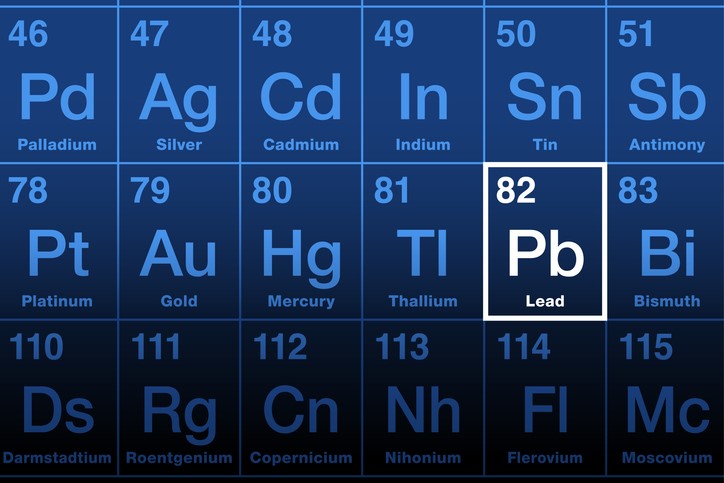
Lead in Drinking Water and Its Impact on Health
- January 6, 2025
- No Comments
Lead contamination in drinking water is a serious and often overlooked issue that can have far-reaching consequences on public health. While the presence of lead in water is a concern in many regions worldwide, it’s particularly alarming due to its potential long-term effects on children, adults, and even unborn babies. In this blog post, we will explore what lead in drinking water means, how it contaminates our water supplies, the risks it poses to health, and the steps we can take to prevent exposure.

The Importance of Hydration for Busy Moms: How Reverse Osmosis Water Makes Staying Healthy Easy
- December 29, 2024
- No Comments
As a busy mom, you’re constantly juggling responsibilities—making sure your kids are fed, helping with homework, keeping your home tidy, and maybe even managing a career or personal goals. It’s no wonder that something as simple as staying hydrated often takes a backseat. But here’s the truth: hydration is one of the easiest and most effective ways to help you achieve your health and fitness goals, especially when you automate your decisions to make it as effortless as possible.

A New Year’s Resolution for Your Family’s Health: Prioritizing Clean Water in 2025
- December 23, 2024
- No Comments
As the new year approaches, many of us are reflecting on the past and setting intentions for the future. We’re thinking about our health, the well-being of our families, and the environment we are leaving behind for the next generation. But there’s one issue we must urgently address as we turn the page on 2024: access to clean, safe water. If you’ve been living in an area where water contamination has been a concern, it’s more important than ever to make clean water a central part of your family’s goals in 2025.
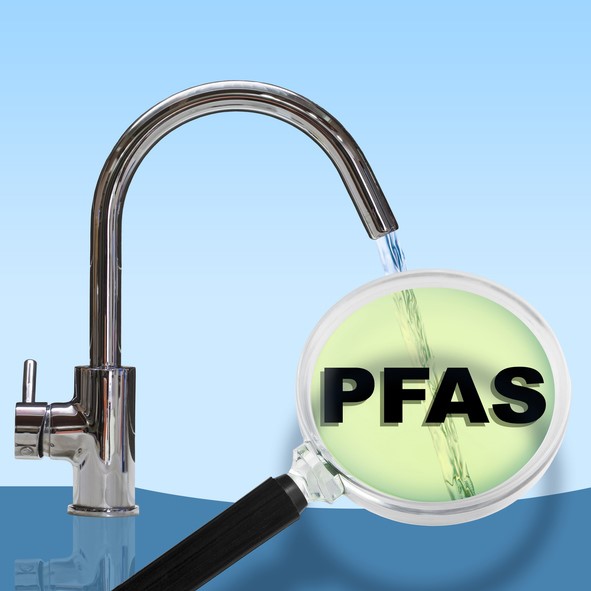
PFAS in Drinking Water: The Challenge in Charlotte and Lake Norman Area
- December 16, 2024
- No Comments
PFAS in Drinking Water: Challenges and Solutions in Charlotte and Lake Norman
PFAS (per- and polyfluoroalkyl substances) are a group of harmful chemicals found in drinking water across the United States, including the Charlotte and Lake Norman areas of North Carolina. These “forever chemicals” are highly persistent in the environment and human body, leading to potential health risks such as cancer, liver damage, and developmental issues. In response to growing concerns about PFAS contamination, North Carolina has introduced strict regulations, mandating municipalities to reduce PFAS levels in drinking water. However, cities like Charlotte face significant challenges in meeting compliance deadlines, including the high costs of upgrading water treatment infrastructure, limited access to advanced PFAS removal technologies, and the complexity of extensive water testing. This blog explores PFAS contamination in Charlotte and Lake Norman, the legislation surrounding PFAS removal, and the obstacles municipalities must overcome to ensure safe drinking water for residents.

Why Charlotte NC Water May Taste Different (or Bad).
- December 9, 2024
- No Comments
If you’ve recently moved to Charlotte, NC, you may have noticed that the tap water tastes different—or even unpleasant. This could be due to factors like the water’s source from Lake Norman and Mountain Island Lake, the use of chlorine and chloramine for disinfection, or the area’s naturally hard water. Seasonal changes and older plumbing systems can also affect the taste. Fortunately, with a little adjustment or a water filtration system, you can get used to Charlotte’s water or make it more palatable.